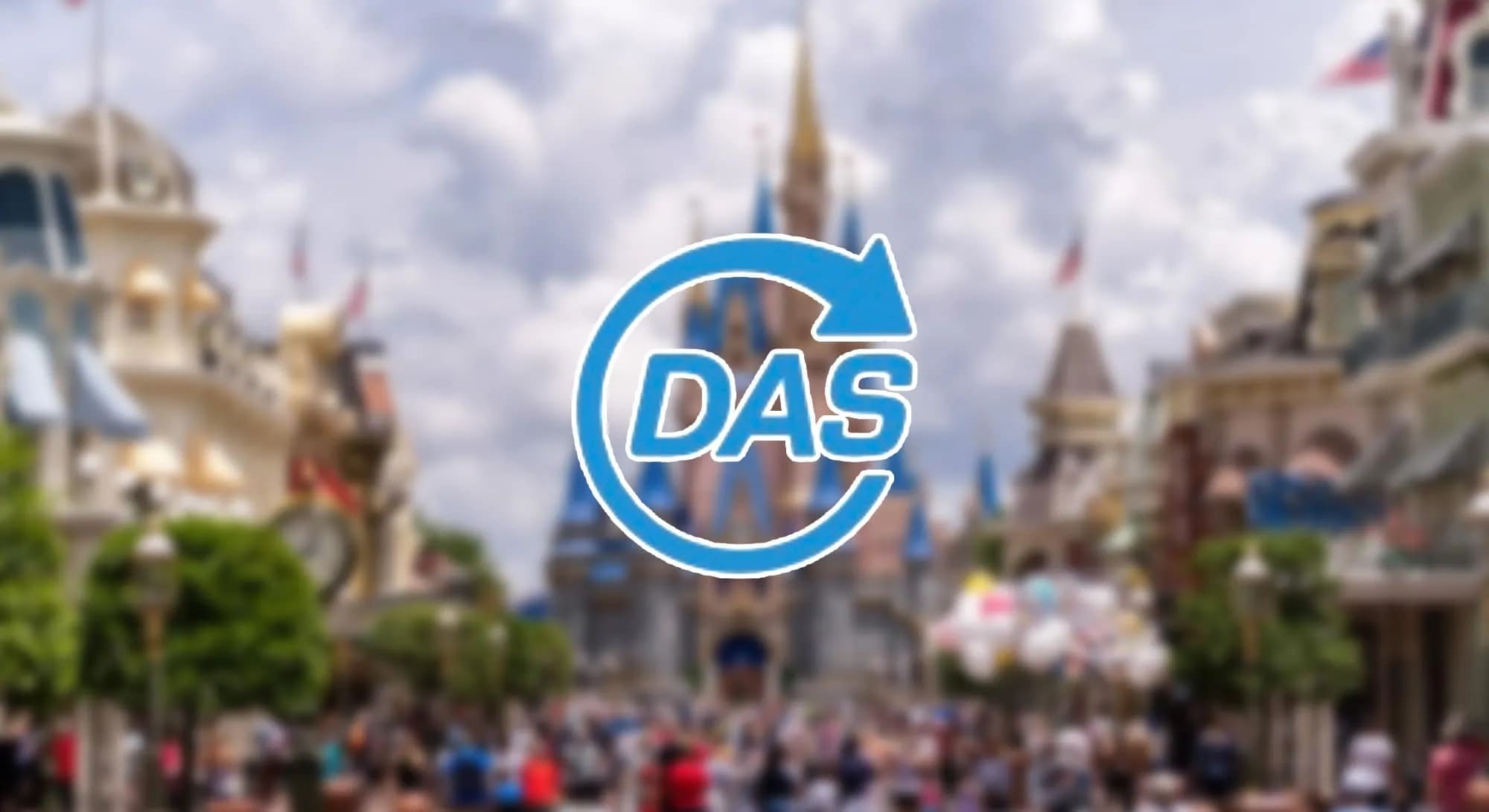It has been three months since Disney implemented new guidelines for disability access at its theme parks, and the response from some disabled guests has been one of frustration and demands for change.
The updated policies came into effect on May 20 at Walt Disney World in Florida and on June 18 at California’s Disneyland. Disability Access Service (DAS) is a complimentary service that provides return times for attractions, allowing disabled guests to avoid waiting in standard lines. However, recent changes have made it more challenging for some to obtain DAS accommodations, leaving those who previously benefited from the greater accessibility feeling excluded.
Disabled Guests Share Frustration Over New Policies
Charisma Mangahas, a 25-year-old Disneyland annual passholder diagnosed with Guillain-Barré syndrome in 2018, shared her experience in a June 27 TikTok video that has garnered over 1.7 million views. Mangahas, who was denied DAS, suggested that Disney should allow disabled guests who do not qualify for the DAS program to purchase an annual Lightning Lane pass, which would enable them to skip standby lines.
@asymptomatic_ I was sad snd disappointed but i got mcdonalds to feel better lol I have to made do with what was given but most likely i cant be separated from my caregiver so i wont go on the rides that have longer wait times. I have a Ted Talk that explains my disability but ill make another video soon😭🫶🏽 #disney #daspass #accessibility #fyp ♬ original sound – choo choo
Mangahas told FOX Business that she had used the DAS pass in the past, but the new policies have only caused her stress. “DAS is intended to accommodate only those guests who, due to a developmental disability like autism or similar disorder, are unable to wait in a conventional queue for an extended period of time,” state the websites for both parks. Previously, DAS was available for guests who had difficulty tolerating extended waits due to any disability.
The procedure for requesting DAS has also changed. At Walt Disney World, all DAS registrations must be done via virtual video chat up to 30 days before a park visit. At Disneyland, guests can apply for DAS through virtual chat or at a dedicated “accessibility services” window for same-day requests.
Mangahas shared that on the day she recorded her TikTok video, she waited nearly three hours on the phone for the online process before her sister drove her to the park for an in-person interview. She waited an additional hour at the accessibility services booth before speaking with a cast member and then a third-party interviewer.
She was told by a Disney cast member that she was not denied DAS but was offered other accommodations, including the option to purchase Genie+ services. The Disneyland website states that Genie+ offers more convenience and flexibility, starting at $30 per ticket per day.
Calls for Change and Growing Support
Mangahas is not alone in her frustration. Another TikToker responded to her video, sharing their struggles with lupus, POTS, and PTSD, and how they were denied DAS despite experiencing fainting spells and other difficulties with long waits. “I’ve been denied just because I don’t look sick. I can’t believe they aren’t helping people who are clearly disabled,” they wrote.
Another user shared that their mother, who has stage 4 cancer and previously received DAS, was also denied under the new guidelines.
An online petition calling for the inclusion of disabled people under the new policy has gathered nearly 24,000 signatures. Disney has not yet responded to requests for comment from FOX Business.

In April, Disney announced that guests found to have made false statements to obtain DAS would be permanently banned from its parks. Despite the challenges, Mangahas expressed gratitude for the support she has received since posting her video on TikTok, stating that she has made new friends through the experience. “It’s the most ambitious thing I’ve done,” she said.
The backlash against Disney’s new disability access policies continues to grow, with many disabled parkgoers advocating for a return to more inclusive practices.

